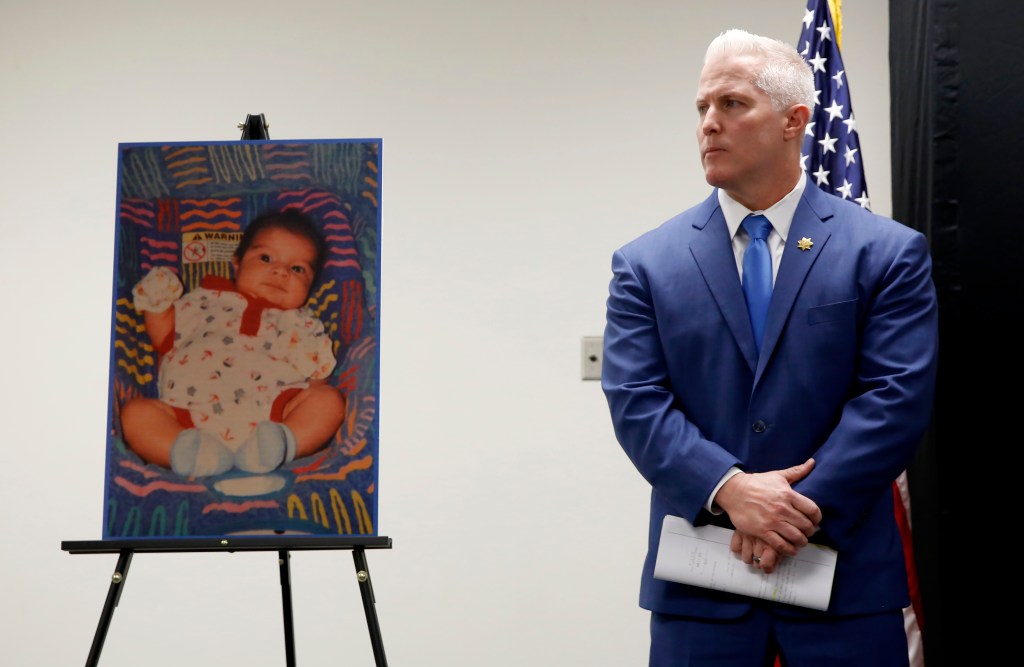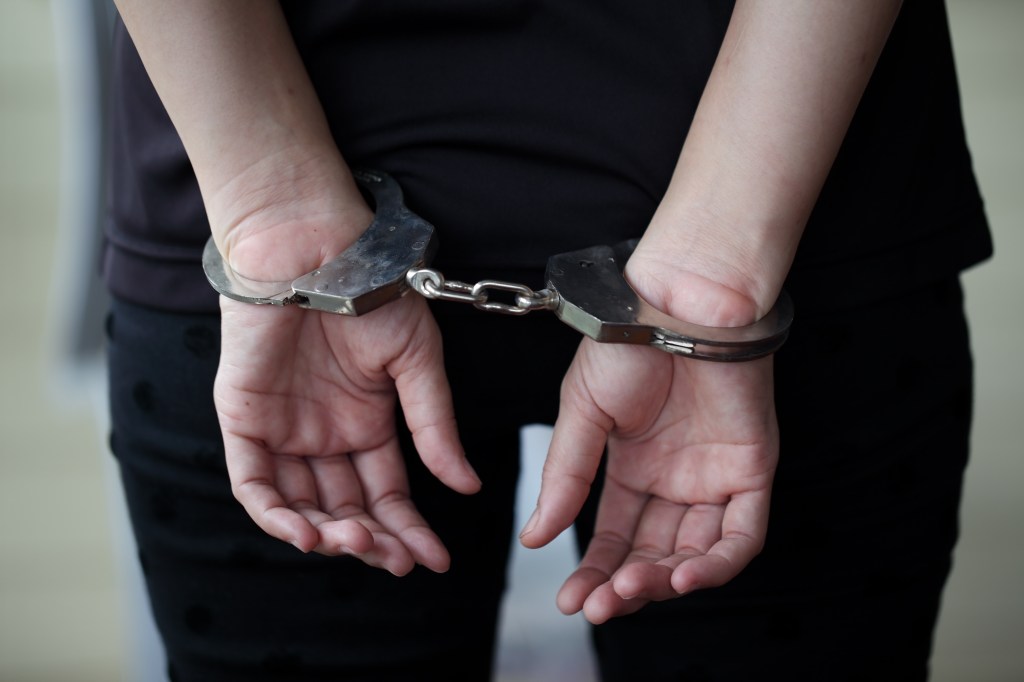A first-of-its-kind study on the disastrous impacts of cashless bail in the US has shed alarming light on how the troubling practice not only increases crime but makes ex-cons more likely to reoffend.
“The findings were unequivocal,” Yolo County, Calif., District Attorney Jeff Reisig told The Post on Monday, referring to his office’s damning 2023 report — which was cited by the White House after President Trump signed an executive order pushing cities to ban cashless bail for criminal suspects.

” ‘Cashless’ or ‘zero-bail’ results in increased recidivism and crime,” the DA said, noting that his office’s research found there was a staggering 169% jump in later crimes committed by those released on cashless bail as opposed to those forced to pony up to get out of jail.
Violent offenders fared even worse, with those sprung on zero bail committing 171% more crimes, the data show.
Trump signed his executive order Monday to push to end cashless bail by threatening to revoke federal funding for jurisdictions across the country if they don’t comply, The Post first reported.
The White House said cashless bail “allow[s] dangerous individuals to immediately return to the streets and further endanger law-abiding, hard-working Americans because they know our laws will not be enforced.”
Reisig said Trump is “exactly right to focus on the imminent danger to communities posed by reckless zero-bail policies,” which he called “the most dangerous ‘reform’ policies we’ve experienced in criminal justice.”

The Yolo County study looked at a random sample of 100 people released from custody on zero bail between January 2018 and December 2019. It compared their rate of recidivism to a different random sample of 100 people arrested for similar crimes who were released between Aug. 1, 2016, and July 31, 2018, and posted bail.
The findings were stark: Those released on zero bail reoffended at an average rate between 77% to 136% higher than arrestees who posted bail. They also committed 103% more new felonies and 130% more misdemeanors and were rearrested more than once over 18 months — or 169% more often than those released on bail.
“The issue is not reasonably debatable,” Reisig said. “The policies create more victims and reward repeat offenders with a get-out-of-jail-free card.”
The DA said the study was the first of its kind in the country to use two random samples of groups while comprehensively evaluating the impacts of zero bail versus traditional bail in a set time period and considering statewide recidivism.

But Michael Rempel, executive director of the Data Collaborative For Justice at John Jay College in Manhattan, pointed to several recent other studies in New York, New Jersey and Texas which showed bail-reform initiatives such as cashless bail had little to no effect on recidivism rates.
“When you look at well-executed studies in New York, New Jersey and Harris County, Texas — three jurisdictions with significant bail reforms — there’s no evidence of a substantial change in crime or recidivism,” Rempel said. “If anything, some evidence in some of these studies [shows] that releasing people can avoid the harmful effects of jail.”
Trump’s cashless-bail order gives US Attorney General Pam Bondi 30 days to submit “a list of States and local jurisdictions that have … substantially eliminated cash bail as a potential condition of pretrial release from custody for crimes that pose a clear threat to public safety and order, including offenses involving violent, sexual, or indecent acts, or burglary, looting, or vandalism.”
The order then directs cabinet secretaries and other agency heads to “identify Federal funds, including grants and contracts, currently provided to cashless bail jurisdictions … that may be suspended or terminated, as appropriate and consistent with applicable law.”
The post The damning cost of cashless bail from one California county that tried it: ‘Imminent danger to communities’ appeared first on New York Post.




